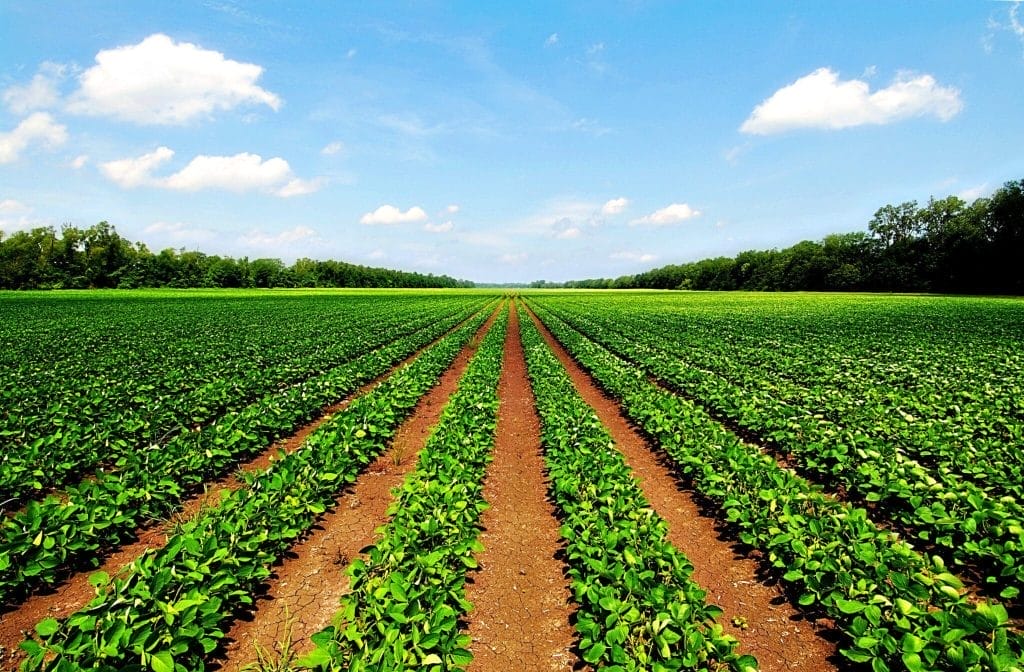The Evolution and Importance of Agriculture: Feeding the World
August 7, 2024 2024-08-02 11:49
The Evolution and Importance of Agriculture: Feeding the World
Agriculture has been the backbone of human civilization since the dawn of time. From the earliest days of subsistence farming to the modern era of industrial agriculture, this essential industry has evolved significantly. It continues to be crucial for the sustenance and economic development of societies worldwide. This article explores the history, importance, advancements, and challenges of agriculture, highlighting its critical role in feeding the growing global population.
The History of Agriculture
- Early Beginnings:
- Agriculture began around 10,000 BC during the Neolithic Revolution, when humans transitioned from hunting and gathering to settled farming communities.
- Early agricultural practices included the domestication of plants and animals, leading to the development of staple crops such as wheat, barley, rice, and maize.
- Ancient Civilizations:
- Agriculture played a pivotal role in the rise of ancient civilizations, including Mesopotamia, Egypt, the Indus Valley, and China.
- Innovations such as irrigation, plowing, and crop rotation improved yields and allowed for the growth of complex societies.
- Medieval and Pre-Industrial Agriculture:
- During the Middle Ages, the three-field system and advancements in plowing technology increased agricultural productivity in Europe.
- The Agricultural Revolution in the 18th century introduced mechanization, selective breeding, and new crop varieties, laying the foundation for modern agriculture.
The Importance of Agriculture
- Food Production:
- Agriculture is the primary source of food, providing the necessary nutrients to sustain human life. It produces a wide variety of crops and livestock that form the basis of our diets.
- Economic Contribution:
- Agriculture is a significant contributor to the global economy, providing employment for millions of people worldwide. It supports industries such as food processing, transportation, and retail.
- Rural Development:
- Agricultural activities promote rural development by providing livelihoods and infrastructure in rural areas, helping to reduce poverty and improve living standards.
- Environmental Stewardship:
- Sustainable agricultural practices can enhance biodiversity, conserve water, and improve soil health, contributing to the overall health of the environment.
Advancements in Agriculture
- Green Revolution:
- The Green Revolution in the mid-20th century introduced high-yielding crop varieties, synthetic fertilizers, and pesticides, dramatically increasing food production and reducing hunger in many parts of the world.
- Genetic Engineering:
- Genetic engineering has enabled the development of genetically modified organisms (GMOs) that are resistant to pests, diseases, and environmental stresses, improving crop yields and resilience.
- Precision Agriculture:
- Precision agriculture uses technology such as GPS, sensors, and data analytics to optimize field-level management of crops. This approach increases efficiency, reduces waste, and enhances sustainability.
- AgriTech Innovations:
- Innovations in agriculture technology (AgriTech) include vertical farming, hydroponics, and automation, which are transforming traditional farming methods and addressing challenges such as land scarcity and climate change.
Challenges in Agriculture
- Climate Change:
- Climate change poses significant risks to agriculture, affecting crop yields, water availability, and the prevalence of pests and diseases. Adaptation and mitigation strategies are essential to address these impacts.
- Resource Depletion:
- The overuse of natural resources such as water, soil, and biodiversity threatens the sustainability of agricultural systems. Sustainable practices are needed to preserve these resources for future generations.
- Food Security:
- Despite advancements, food insecurity remains a pressing issue, with millions of people worldwide lacking access to sufficient, safe, and nutritious food. Efforts to improve food distribution and reduce waste are crucial.
- Economic and Social Inequality:
- Small-scale farmers often face economic and social challenges, including limited access to markets, credit, and technology. Supporting these farmers is vital for equitable and inclusive agricultural development.
The Future of Agriculture
- Sustainable Practices:
- The future of agriculture lies in sustainable practices that balance productivity with environmental health. Techniques such as organic farming, agroforestry, and regenerative agriculture will play a key role.
- Innovation and Technology:
- Continued innovation in AgriTech will drive the future of farming. Advances in biotechnology, robotics, and AI will enhance efficiency, productivity, and sustainability.
- Policy and Education:
- Supportive policies and education are essential to promote sustainable agricultural practices and address challenges such as climate change and food security. Investing in agricultural research and development is critical.
- Global Cooperation:
- Addressing global agricultural challenges requires international cooperation. Sharing knowledge, technology, and resources will help build resilient and sustainable agricultural systems worldwide.
Conclusion
Agriculture remains a cornerstone of human civilization, providing the food and resources necessary for survival and development. As we face the challenges of a growing global population and environmental changes, the importance of sustainable and innovative agricultural practices cannot be overstated. By embracing advancements and addressing challenges, we can ensure a secure and prosperous future for agriculture and the world.
Related Posts
The Evolution and Importance of Agriculture: Feeding the World
August 7, 2024 2024-08-02 11:49Popular Tags





























